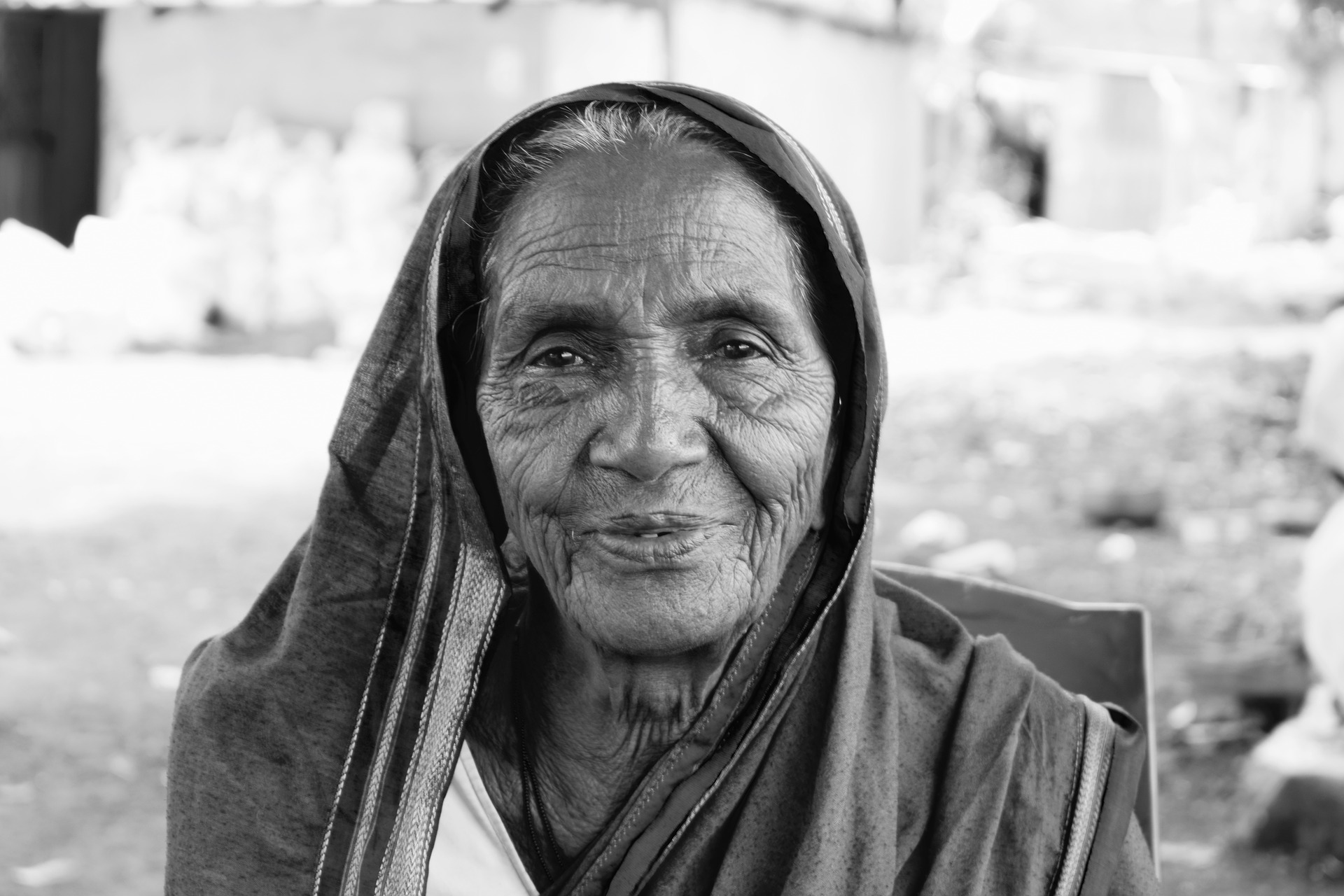
Health & Medicine
It’s a fact: Women get better with age

As many of us look forward to living a healthy life for longer, Martha Nussbaum and Saul Levmore say it’s time to think differently about ageing
Published 23 February 2018
The world’s population is ageing, with virtually every country experiencing growth in the number and proportion of older people.

Health & Medicine
It’s a fact: Women get better with age
How do we as a society view ageing, and how does this colour the policies we develop for the elderly?
On this episode of The Policy Shop, Professor Martha Nussbaum and Professor Saul Levmore consider how we should support this often forgotten community, as discussed in their new book Aging Thoughtfully: Conversations about Retirement, Romance, Wrinkles and Regret.
Episode recorded: 14 February 2018 Series Producer: Eoin Hahessy Audio engineer: Gavin Nebauer
Banner image: Pixababy
Subscribe to The Policy Shop through iTunes or RSS.
Subscribe to The Policy Shop through iTunes.